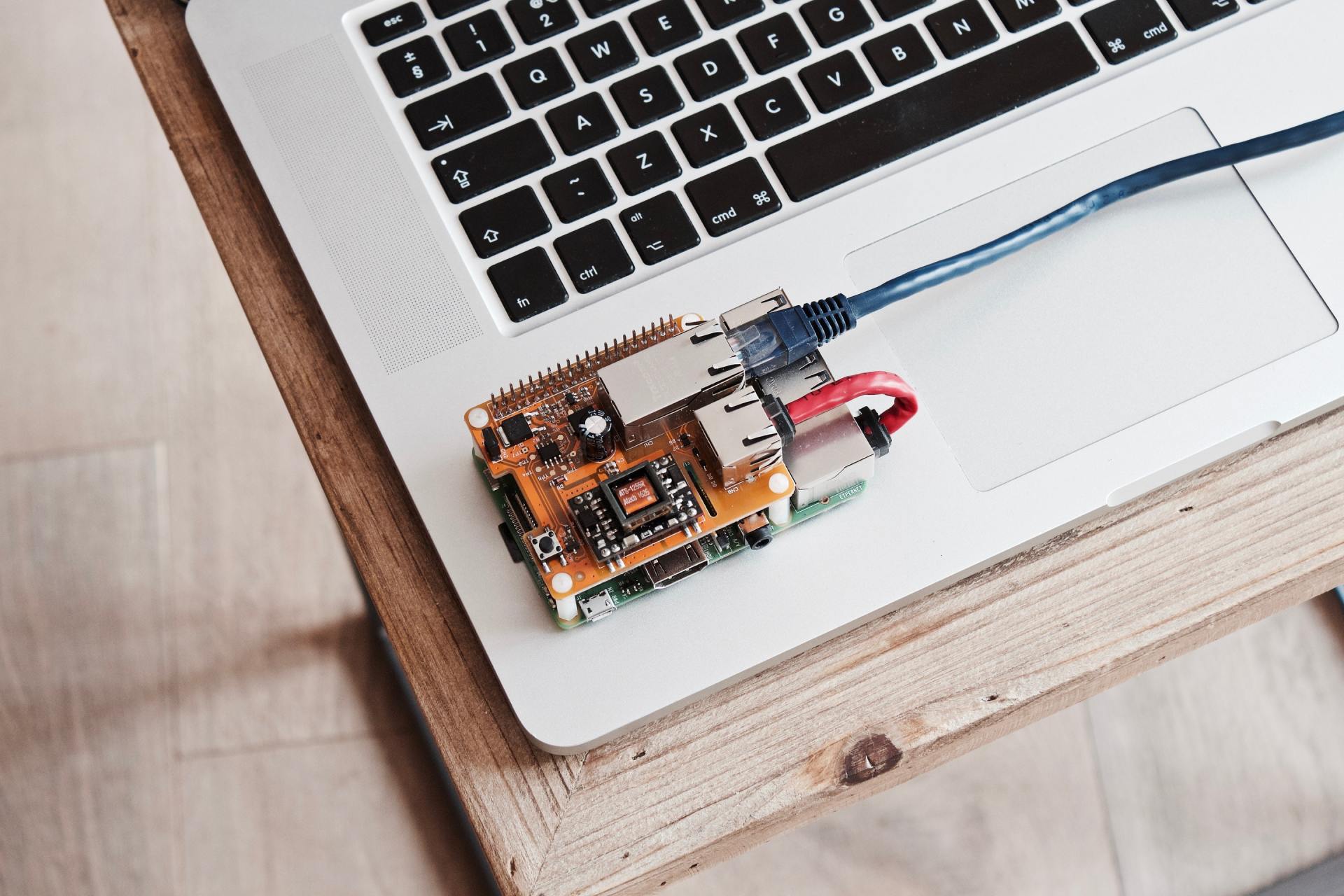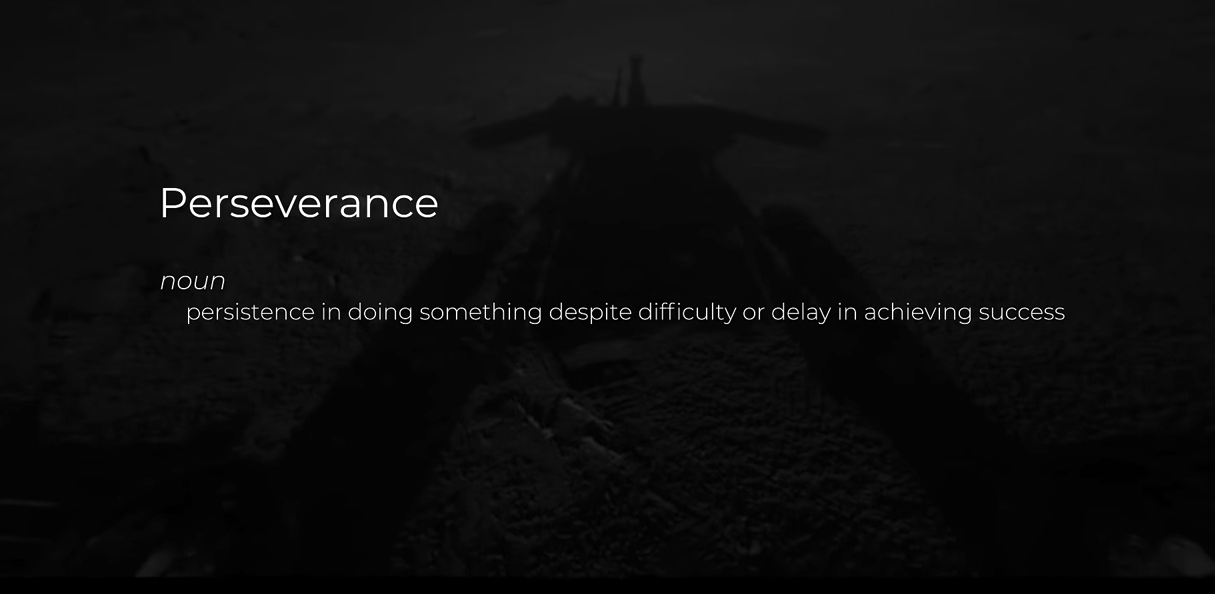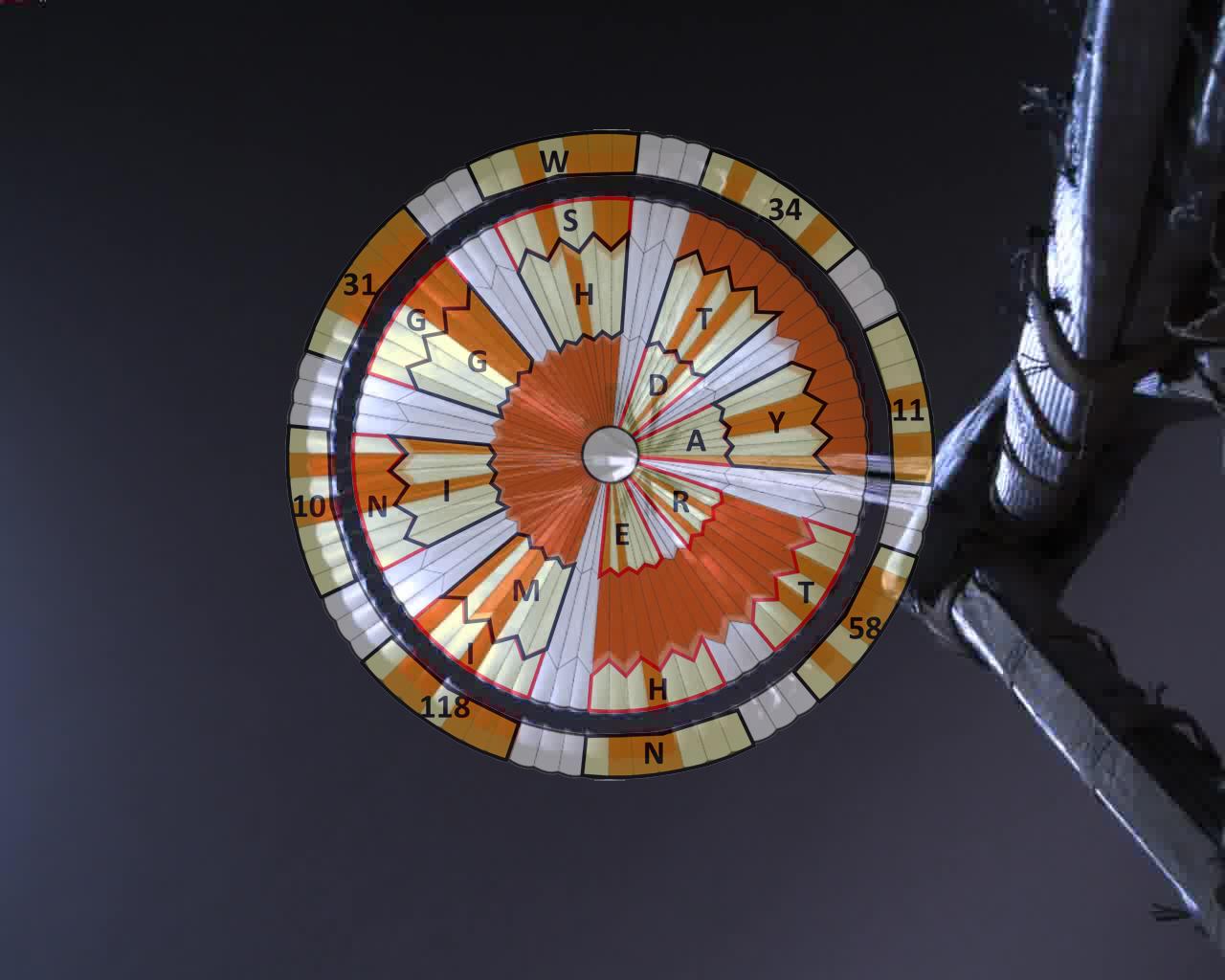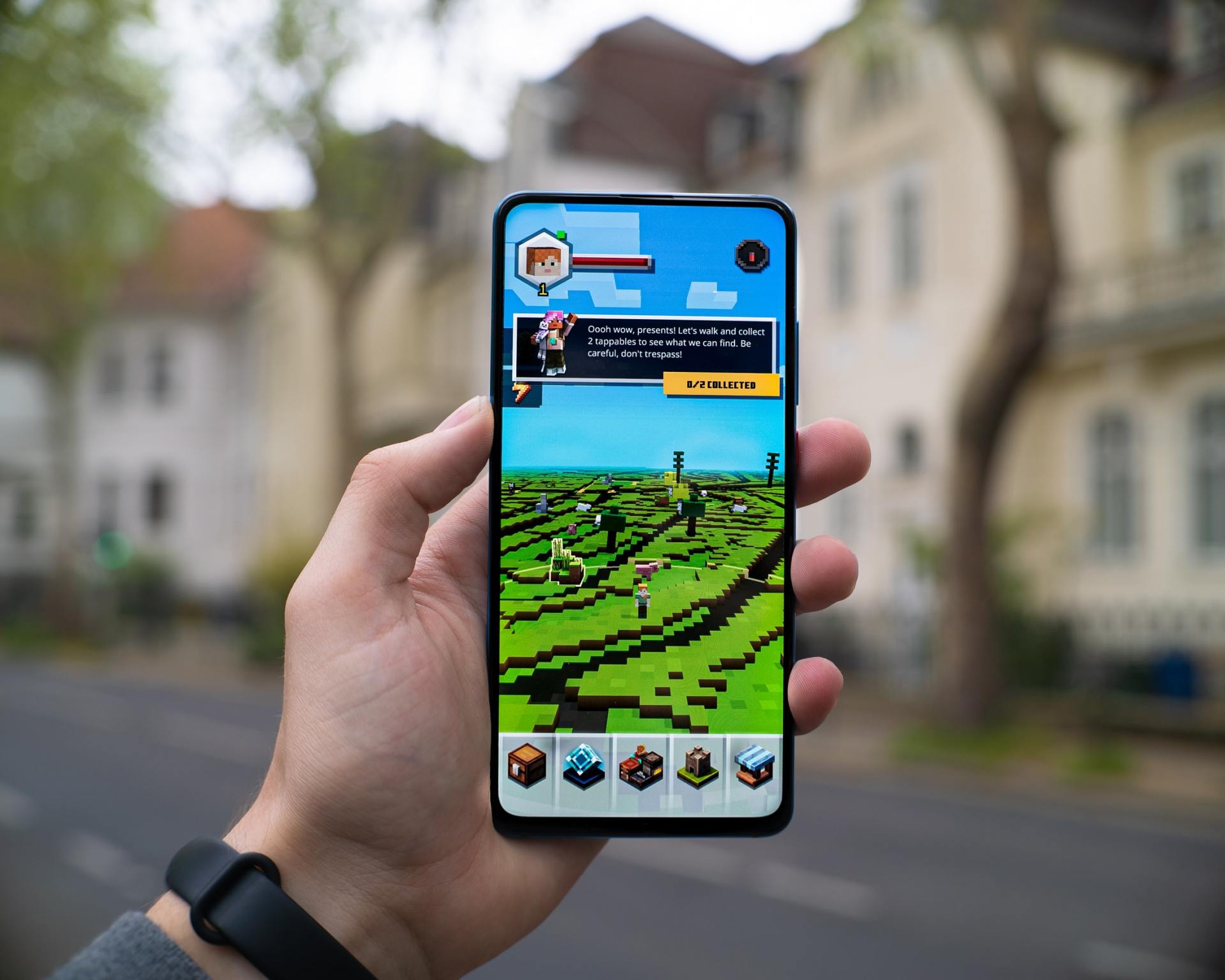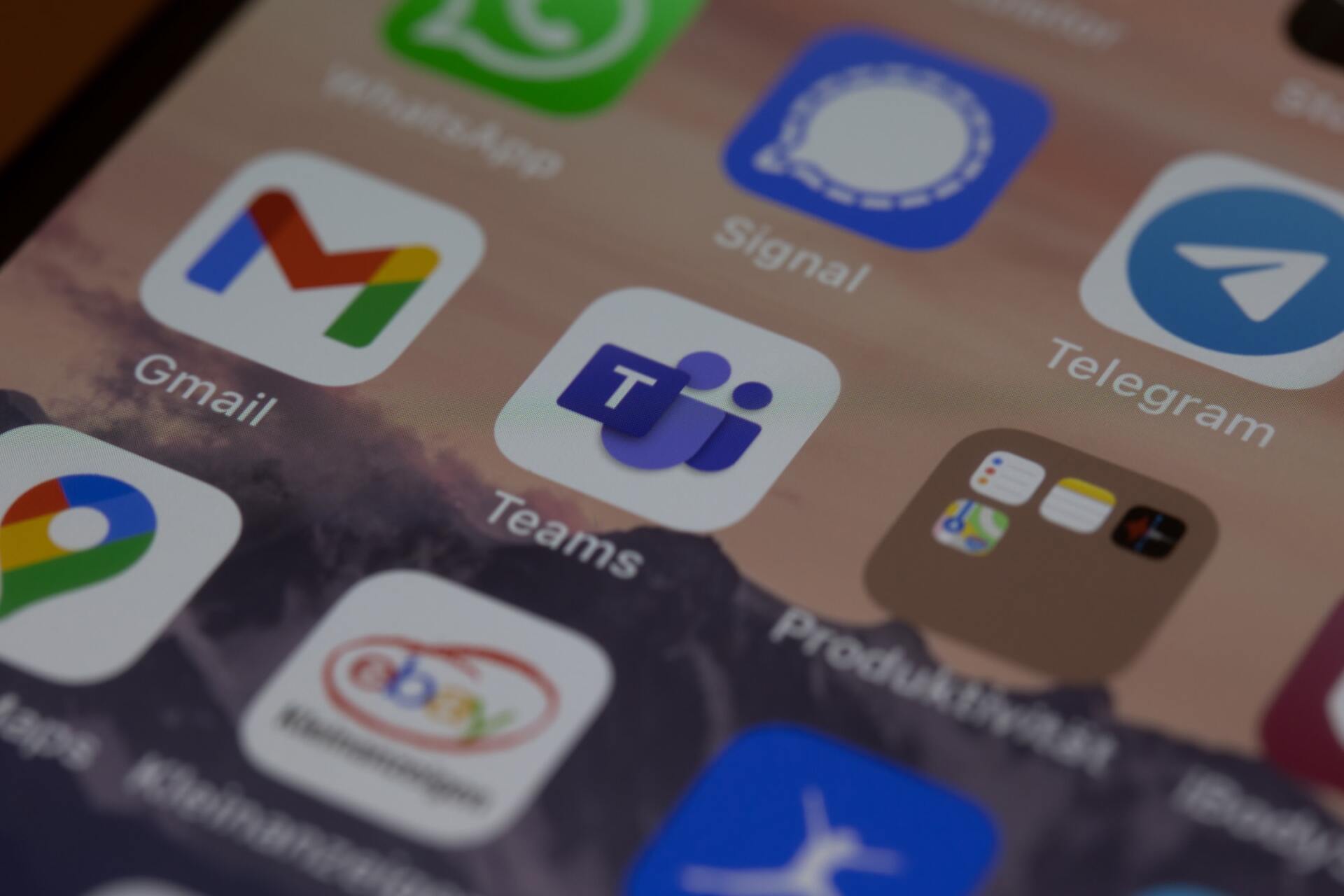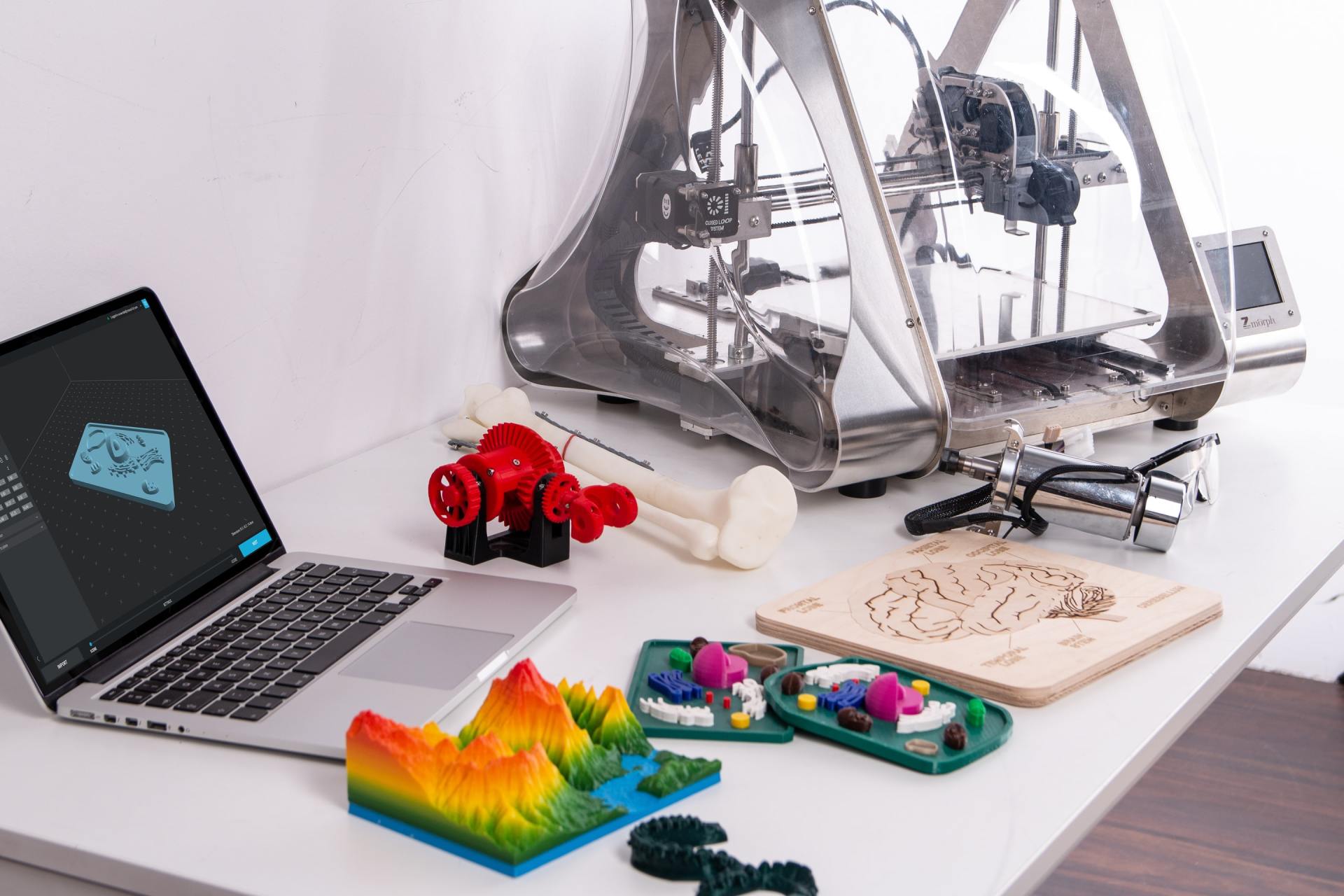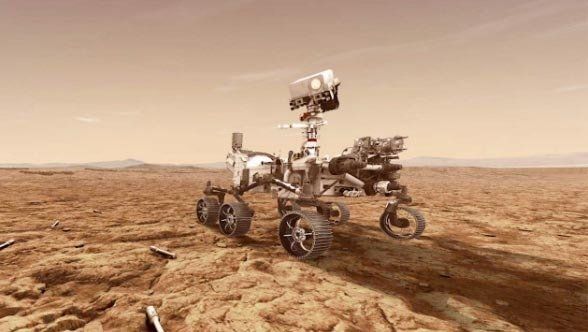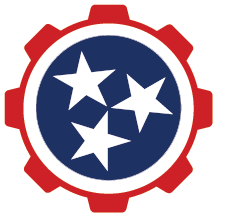Personalized and Problem-based Learning
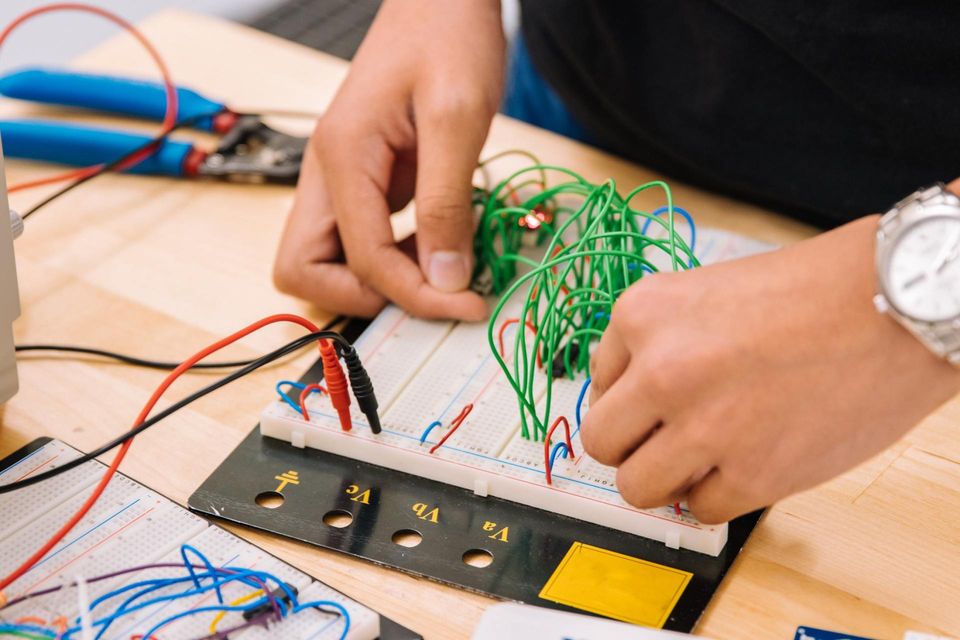
Personalized and Problem-Based Learning
How personalized learning might better help learners reach mastery for important concepts and skills
Learning becomes meaningful when it relates to something exciting and personal to the learner. For example, an after-school robotics program can provide an incredible opportunity for young girls to learn about science, technology, and engineering as it functions in the real world. Gomoll et al. (2016) found that “Early experiences in science, technology, engineering, and math (STEM) are important for getting youth interested in STEM fields, particularly for girls” (p. 899). These programs often use a problem-based learning approach and are designed to engage students at an early age using their hands and minds in learning advanced technology and skills for the 21st-century workforce.
How to encourage students to use technology effectively for collaboration to solve the problems
When a student gets the chance to apply what they learned from a textbook in the classroom (formal learning) and apply it to something they enjoy doing outside the school (informal learning), then learning becomes personal and powerfully relevant to life (Schrum & Sumerfield, 2018). Personalized learning is an incredible force for shaping change in a young person’s life, especially in communities where students are economically challenged or don’t have access to educational technology resources at home.
Parents and educators should continue to support after-school program participation, especially in younger students and more impoverished communities, to increase exposure to technology and potential STEM career paths they might discover. Furthermore, after-school programs provide students with “more free choice as they offer youth opportunities to develop interest and competence in STEM-related activities and practices” (Gomell et al., 2016, p. 901). This structure takes the pressure off of students and increases their likelihood of continued participation. Additionally, these programs provide students with a healthy social and collaborative learning environment teaching them 21st-century work-life skills essential to supporting their relationships and future opportunities.
Challenges of promoting new approaches to teaching and learning in an existing curriculum, especially in an online learning environment
Personalized learning has seen steady growth in many schools and districts in the past decade because it provides students with equal educational access to a diverse assortment of programs that meet their unique needs and personal interests (DeMink-Carthew, 2017). One of the most significant challenges to promoting personalized learning in an online environment is providing the student with the problem-based learning environment that makes this learning style so attractive. In personalized and problem-based learning, students are active participants in their learning, and it is very challenging to replicate active participation online.
Another challenge is keeping the vital social/collaborative element intact, which serves to draw students into the programs for sustained participation over time. Online learning environments remove the social pressure of not showing up for class, and it becomes far too easy for students to find an excuse not to attend. Before long, a student may miss too many meetings and become disinterested in attending.
Fortunately, new technologies such as Zoom and Microsoft Teams enable students to remain connected and learn socially from afar. With a little creativity and support from technology providers, we can identify and share best practices and personal experiences from a more comprehensive network (DeMink-Carthew, 2017). There is indeed power in numbers, and sharing what we know with others is the mark of a professional.
One such example is the NASA Educator Professional Development Collaborative which provides teachers, administrators, parents, and informal educators with weekly webinars, online resources, and lesson plans. These professional development opportunities would typically be limited to local workshops or annual training events (Martinez Ortiz et al., 2018). Each week, NASA Educational Specialists present various space science workshops covering topics such as aerospace engineering, nutrition in space, astronautics, and engineering design process.
To learn more about the NASA EPDC weekly webinars, educators can visit
https://www.txstate-epdc.net/webinars/.
References:
DeMink-Carthew, J., Olofson, M. W., LeGeros, L., Netcoh, S., & Hennessey, S. (2017). An analysis of approaches to goal setting in middle grades personalized learning environments. Research in Middle Level Education Online, 40(10), 1–11. https://doi.org/10.1080/19404476.2017.1392689
Gomoll, A., Hmelo-Silver, C., Šabanović, S., & Francisco, M. (2016). Dragons, ladybugs, and softballs: Girls’ STEM engagement with human-centered robotics. Journal of Science Education & Technology, 25(6), 899–914. https://doi.org/10.1007/s10956-016-9647-z
Martinez Ortiz, A., Weis, J., & Merritt, J. (2018). Micro-Certification as professional
development for STEM educators: The NASA STEM EPDC badging system (STEM Research White Paper Series, Vol. 2, No. 3). Texas State University: LBJ Institute for STEM Education and Research.
Schrum, L., & Sumerfield, S. (2018). Learning supercharged: Digital age strategies and insights from the tech frontier. Portland, OR: International Society for Technology in Education.
TRC Vectors
